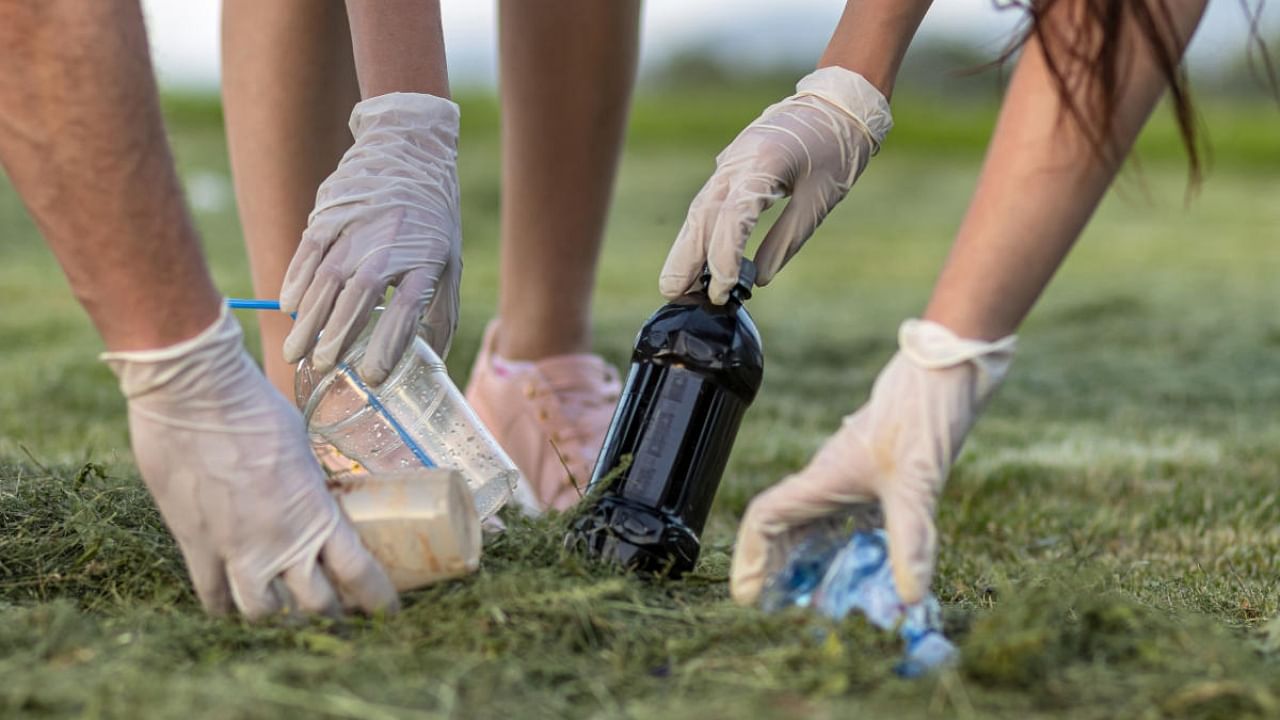
Days after Bengaluru scored low in the nationwide Swachh Survekshan survey, the High Court-appointed technical guidance committee (TGC) proposed seven suggestions to the Chief Minister for better solid waste management.
The three-page letter also includes a suggestion to “professionalise” the newly formed waste management company.
“It is a matter of concern that the city has no long-term strategy for improving management efficiency through scientific data-driven systems,” the seven-member TGC, which includes professors at the Indian Institute of Science (IISc), said.
“The city has also consistently ignored the advice of the High Court-appointed expert committee, directives of the National Green Tribunal (NGT), and the High Court of Karnataka,” the letter said.
Members of the TGC include Dr H C Sharatchandra, Dr Chanakya, Kalpana Kar and Prof Shivakumar Babu.
Space for scientific waste
The committee has also suggested to identify adequate space for scientific waste management. It specifically mentioned the need to set up large scientifically managed waste processing sites. Of the 4,450 tonnes of waste generated in the city, the BBMP has been sending around 3,275 tonnes to the landfills.
The letter also suggested Public-Private partnership (PPP) in waste processing on priority basis.
“Over a period of four to five years, the expert committee had reviewed and recommended proposals from entrepreneurs to establish waste processing centres, especially for the organic component of the waste at no financial cost to the BBMP, except for the supply of segregated waste and land on use basis,” the letter said.
“One of the proposals even offered to share 5% of the profit with the BBMP. Unfortunately, there is no follow-up on these proposals by the BBMP,” it added.
Highlights
1) Professionalise Bengaluru Solid Waste Management Limited to scientifically manage the urban solid waste.
2) Scrap the tender for collection and transportation of waste because it discounts all the progress made over a decade, in the collection and transportation of segregated wet-dry streams in different vehicles on different days.
3) Scrap the proposal of waste transport payment by weight as it encourages deliberate mixing of home-segregated wet and dry waste and debris. Instead, the payment should be linked to the number of houses covered on a daily basis.
4) Scrap the proposal for acquiring new road sweepers till specific performance criteria suitable for the city are developed.